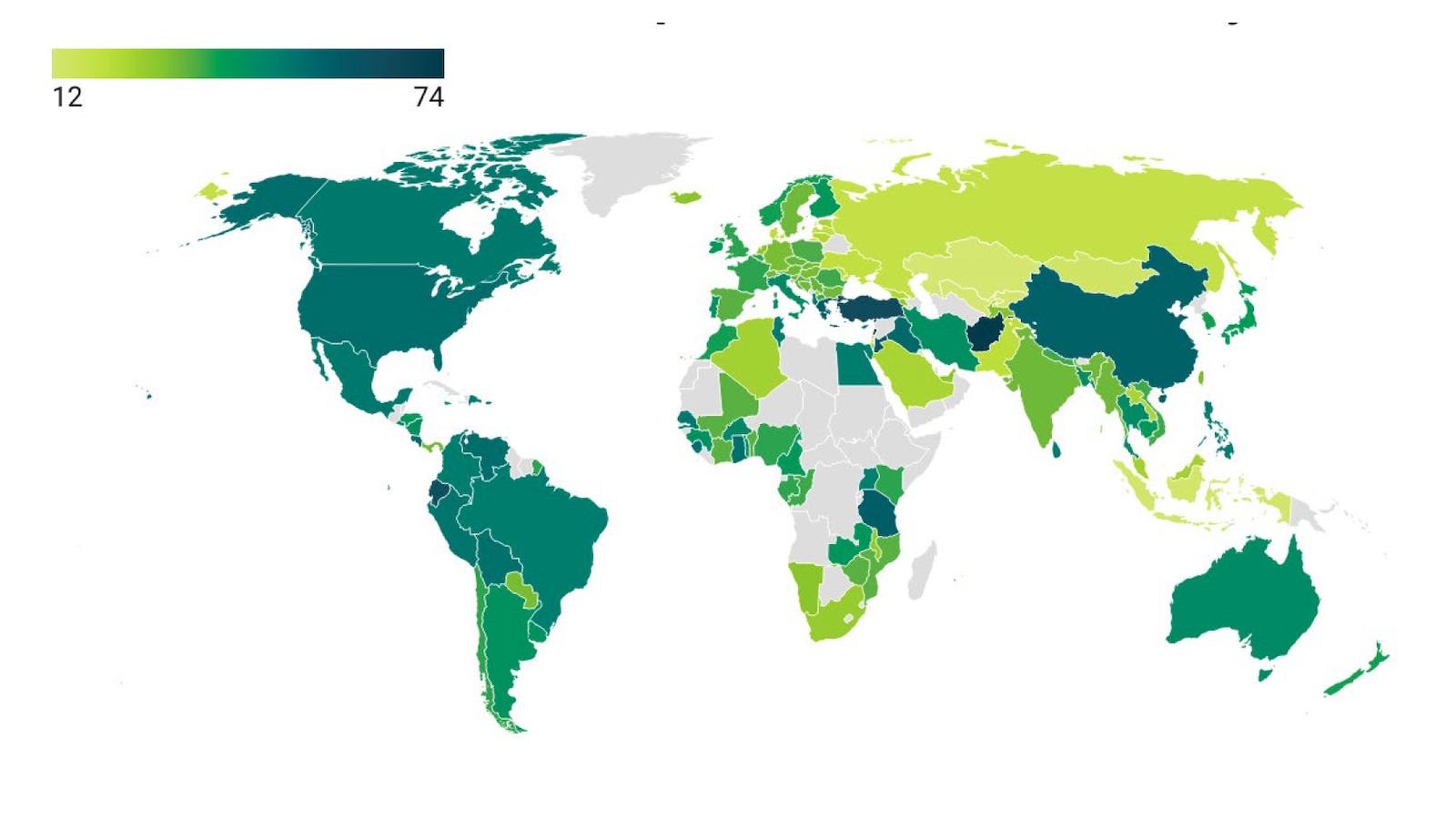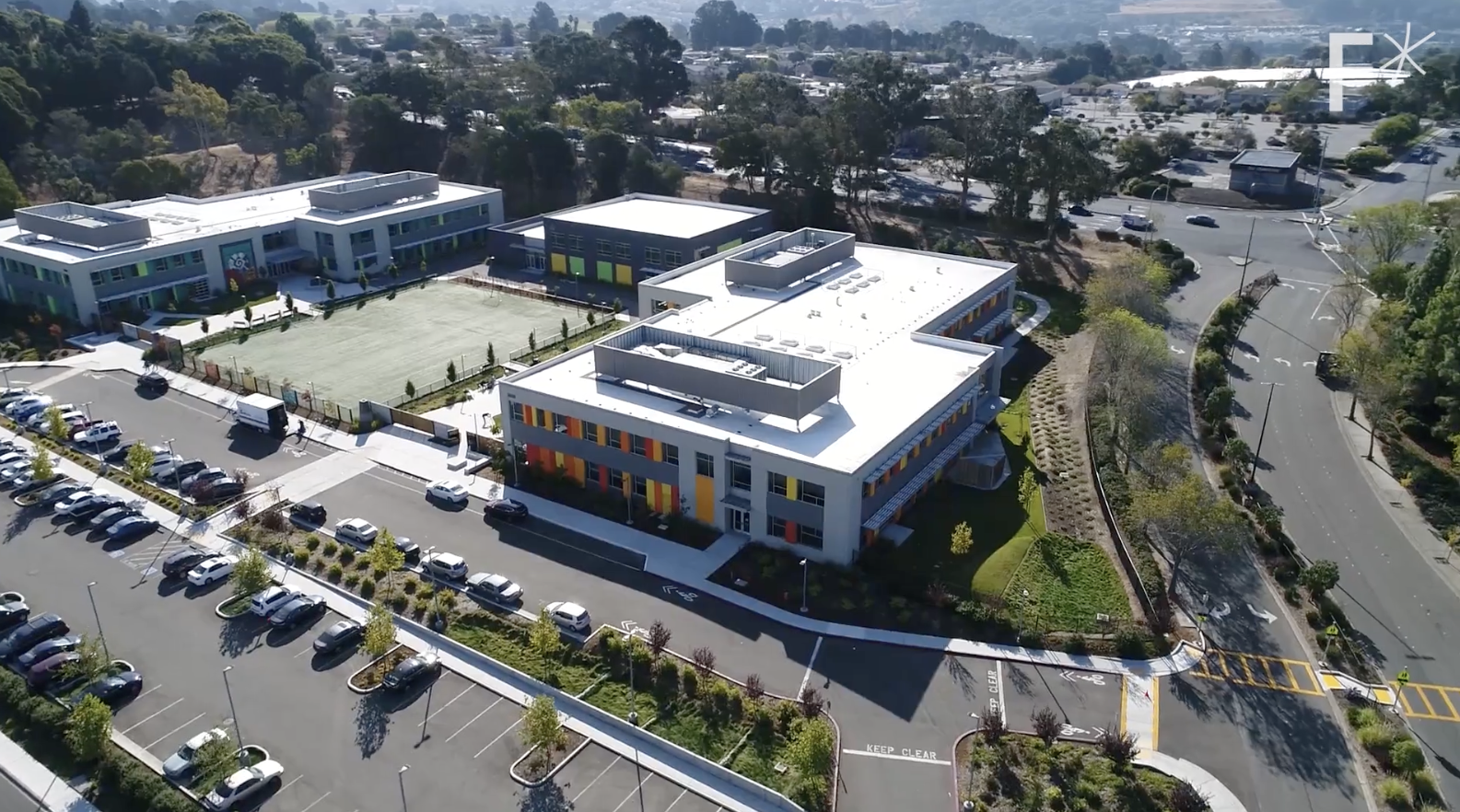Progress got derailed somewhere between indoor plumbing and the flying car. Why?
All Articles
We asked 11 experts about the future of progress for humanity.
We asked our experts where they see the biggest blockers right now for more progress. Essentially, from their various areas of focus, what did they see as the largest impediments to driving progress forward around the world and how they would prioritize the necessary interventions? The answers were appropriately varied from the philosophical to the political to the technological.
About the project The goal of driving more progress across the world—scientifically, politically, economically, socially, etc—is one shared by many. And yet, debates about the best way to maximize progress […]
About the project The goal of driving more progress across the world—scientifically, politically, economically, socially, etc—is one shared by many. And yet, debates about the best way to maximize progress […]
About the project The goal of driving more progress across the world—scientifically, politically, economically, socially, etc—is one shared by many. And yet, debates about the best way to maximize progress […]
About the project The goal of driving more progress across the world—scientifically, politically, economically, socially, etc—is one shared by many. And yet, debates about the best way to maximize progress […]
About the project The goal of driving more progress across the world—scientifically, politically, economically, socially, etc—is one shared by many. And yet, debates about the best way to maximize progress […]
If our goal is to effect the greatest possible progress, what would it look like to approach this holistically? What might need to dispositionaly in how we approach solving our most important problems—at an individual level, a community level, or at a civilizational or global one? We asked our experts to think big picture about how what new thinking would be required to create a larger pro-progress framework.
One of the fundamental questions for those studying and advocating progress is around understanding what variables can move the needle for the type of progress that you might want to see in the world. It’s a key focus of the “progress studies” discipline and a question that has received increased attention from academics and public intellectuals in recent years.
As with any “big idea” progress means a lot of different things to different people and not everyone comes into the discussion with the same priors. Some experts are primarily focused on material progress while others emphasize the importance of moral progress. So to start the discussion, we asked each expert to define the term as they see it from their specific vantage point.
Books that were rarely taught in 1963, when baby boomers were students, became classics when those same boomers were teachers and parents.
An interview with filmmaker Jason Sussberg about his new film about Stewart Brand and the importance of culture in achieving progress.
The world isn’t ending! But we are likely at the beginning of a profound transformation.
If you want to escape the negativity, head to Kazakhstan.
About the project The goal of driving more progress across the world—scientifically, politically, economically, socially, etc—is one shared by many. And yet, debates about the best way to maximize progress […]
Televising the coronation was thought to be an affront to the dignity of the event.
When people pick the greatest scientist of all-time, Newton and Einstein always come up. Perhaps they should name Johannes Kepler, instead.
Literature’s first utopia shows how far we’ve come.
For decades, the Communist Party of China has relied on reeducation camps to reform “parasites” and persuade people to support the communist cause.
Democracy is in decline, regardless of how we measure it.
Recent research suggests that Earth’s magnetic field bounced back just as complex life was starting to emerge on our planet.
The Metaverse could be the most dangerous tool of persuasion humanity has ever created.
When you don’t know what you’re looking for, it’s easier to miss it.
Yes, NASA’s Perseverance rover found organics on Mars. So did Curiosity. Unfortunately, that doesn’t mean anything in the search for life.
Perfectionism is on the rise, and its consequences for mental health can be devastating. The Japanese philosophy of “wabi sabi” can help.
Summit Public Schools take a radically different approach to education. And it’s working.
An average undergraduate student in physics is better than the AI.
Was our distant ancestor a biped or not – i.e., human or not human?
These dissolvable pills aren’t meant to be swallowed, though.



















